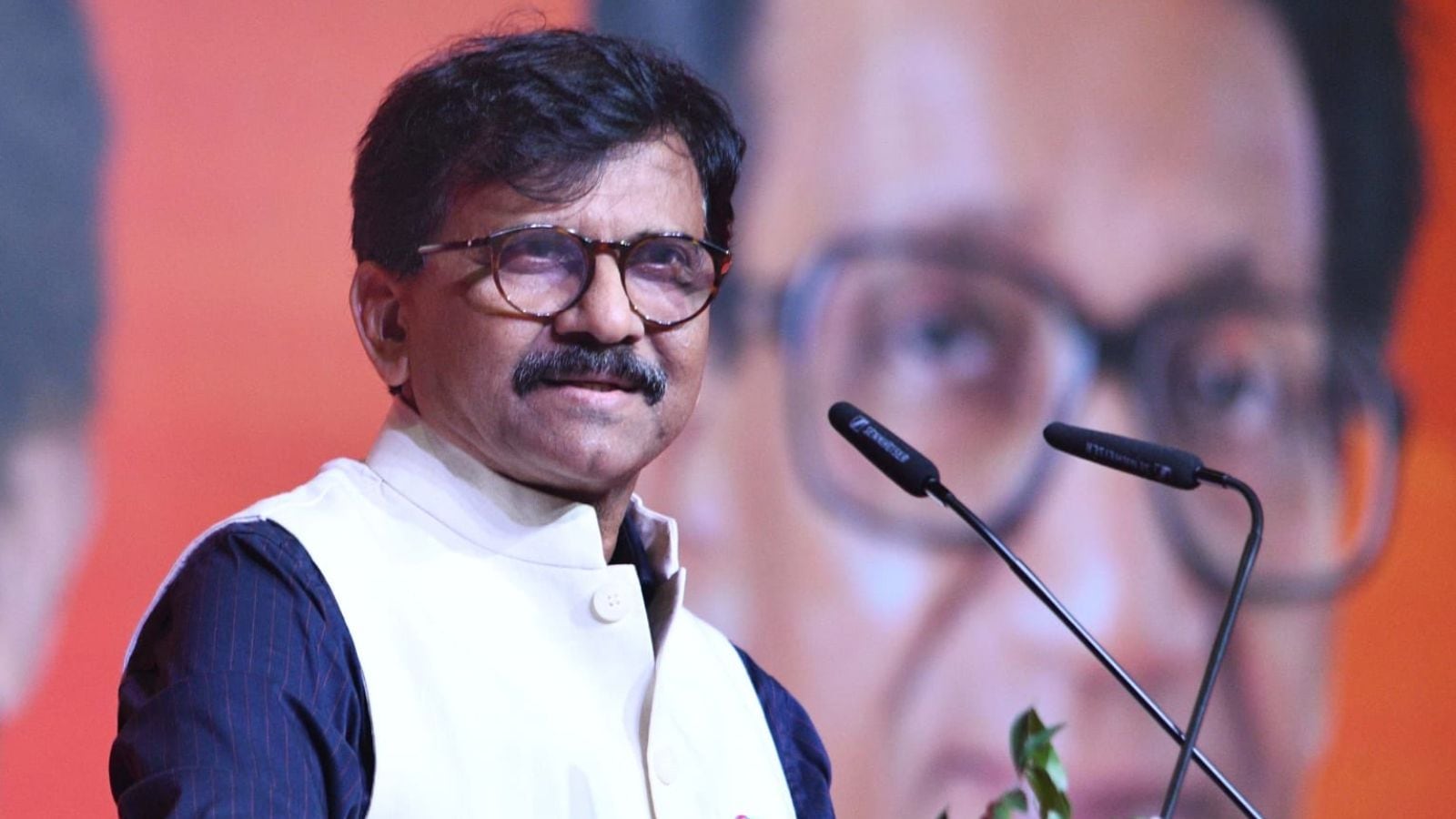 |
|
The political landscape of Maharashtra is experiencing a seismic shift, with unexpected overtures and pronouncements reshaping the dynamics of power. Sanjay Raut, a prominent Member of Parliament from the Shiv Sena (UBT) faction, recently made headlines by stating that a future alliance with the Bharatiya Janata Party (BJP) is not entirely out of the question. This statement follows a conciliatory remark from Maharashtra Chief Minister Devendra Fadnavis, who declared that he does not consider Uddhav Thackeray, the leader of the Shiv Sena (UBT), an enemy. Raut's response, couched in the pragmatic language of political realpolitik, reflects a significant development in the ongoing power struggle within the state. His reference to Nitish Kumar, the Bihar Chief Minister, who transitioned from a staunch opponent of the BJP to an ally, serves as a compelling example of the fluidity of political allegiances and the ever-shifting sands of power dynamics. The statement underscores the volatile nature of Indian politics and the potential for unexpected realignments.
The history of the relationship between the Shiv Sena and the BJP is a complex tapestry woven with threads of cooperation and conflict. For over two decades, these two parties were steadfast allies, forming a formidable coalition that dominated the political scene in Maharashtra. This partnership, however, ultimately fractured over disagreements regarding the allocation of power and the distribution of ministerial portfolios following the 2019 Assembly elections. The resulting power struggle led to the disintegration of the alliance and a period of intense political maneuvering, marked by defections, betrayals, and the formation of new coalitions. The subsequent formation of the Maha Vikas Aghadi (MVA) government, a coalition comprising the Shiv Sena (UBT), the Indian National Congress, and the Nationalist Congress Party (NCP), was a direct consequence of this breakdown. The MVA government's tenure, however, proved to be short-lived, with the BJP engineering a dramatic power shift through a series of strategic defections, leading to the current Mahayuti government.
Raut's openness to a future alliance with the BJP, in light of this turbulent history, is laden with significant implications. His statement signifies a potential recalibration of the political landscape in Maharashtra. It suggests a recognition of the limitations of the existing alliances and a willingness to explore alternative political partnerships. The statement also reflects a shrewd political calculation, a recognition that in the ever-changing world of Indian politics, adaptability and flexibility are paramount. By leaving the door open to a future alliance, Raut secures a strategic advantage, offering the possibility of a future negotiation. The BJP, for its part, will likely view this as an opening that could be exploited to weaken the opposition and consolidate its power. The statement also throws a spanner in the works for the opposition coalition, potentially undermining its cohesion and creating a sense of uncertainty within its ranks.
The reference to Nitish Kumar's shift in political allegiance is particularly telling. Kumar's move to ally with the BJP, after a long history of opposition, showcased the inherent unpredictability of political affiliations. It serves as a reminder that ideological differences can be subordinated to pragmatic political considerations. This makes Raut's statement less about a shift in ideology and more about a calculated political maneuver. The possibility of a future alliance between the Shiv Sena (UBT) and the BJP remains a subject of intense speculation and debate. The political consequences of such an alliance, if it were to materialize, would be far-reaching, profoundly impacting the political equilibrium in Maharashtra and potentially influencing the national political scene.
The unfolding political drama in Maharashtra highlights the complexities and unpredictability of Indian politics. The shifting alliances and realignments underscore the fluidity of power dynamics and the ability of political actors to adapt to changing circumstances. Raut's statement is a pivotal moment in this ongoing narrative, signaling a potential realignment of forces that could redefine the political landscape for years to come. The coming months and years will be crucial in determining whether this exploratory statement blossoms into a full-fledged alliance, further solidifying the BJP's dominance or resulting in a new and unexpected coalition. The implications of such an alliance would be significant, affecting not only the political dynamics of Maharashtra but potentially influencing national-level politics as well. The strategic implications for all parties involved necessitate close observation and analysis of the unfolding situation.
Source: Possibility of alliance with BJP cannot be ruled out completely: Shiv Sena (UBT) MP Sanjay Raut
